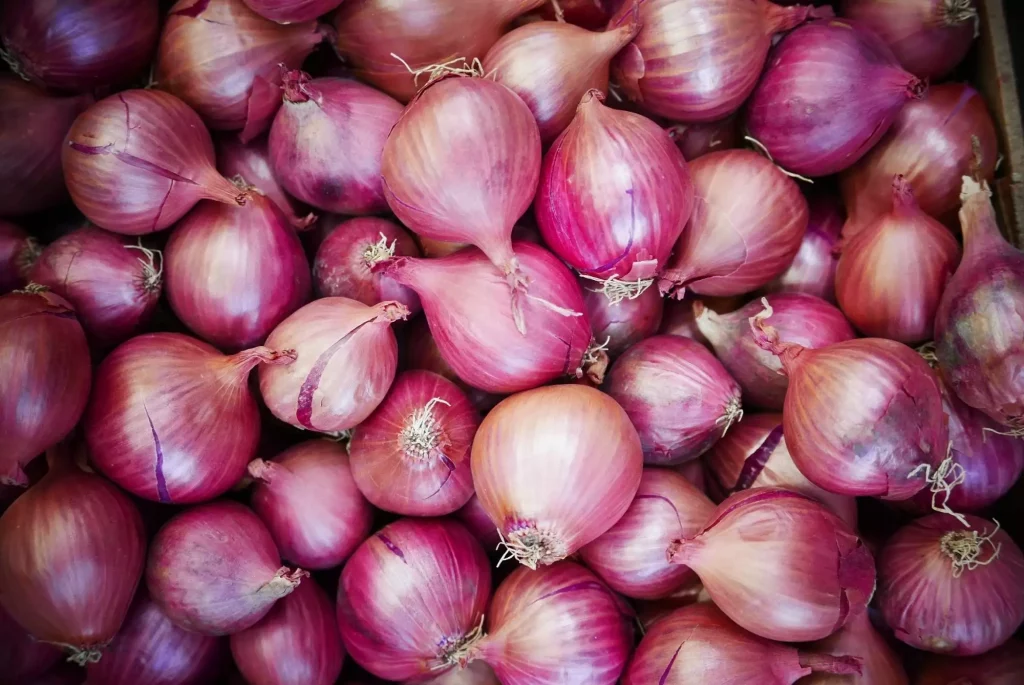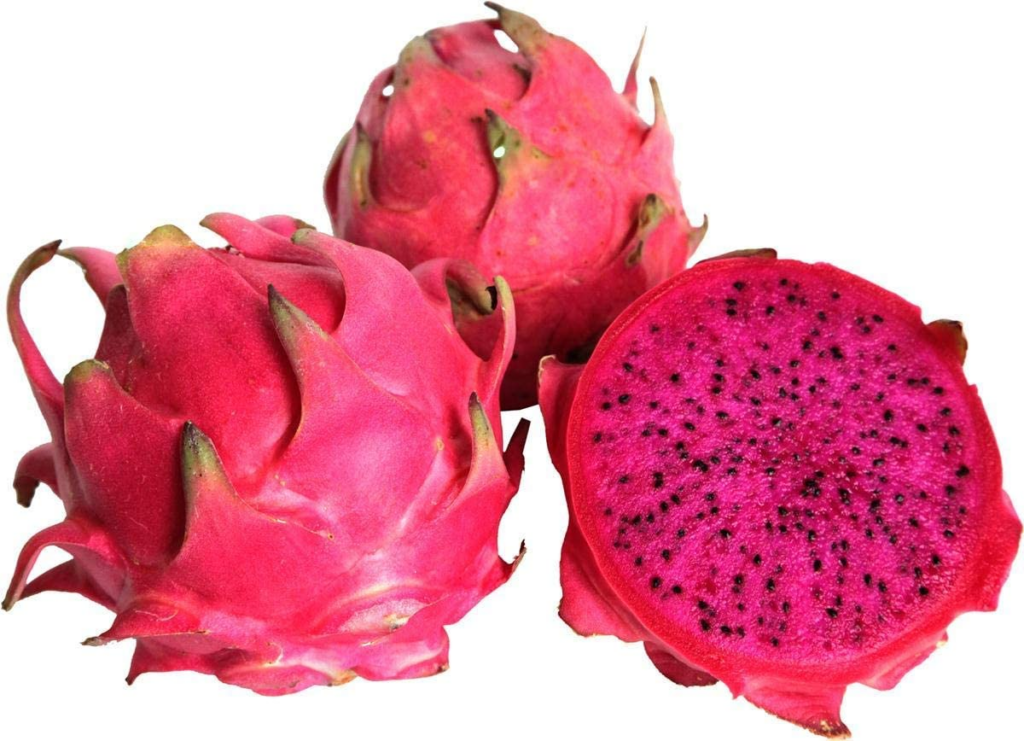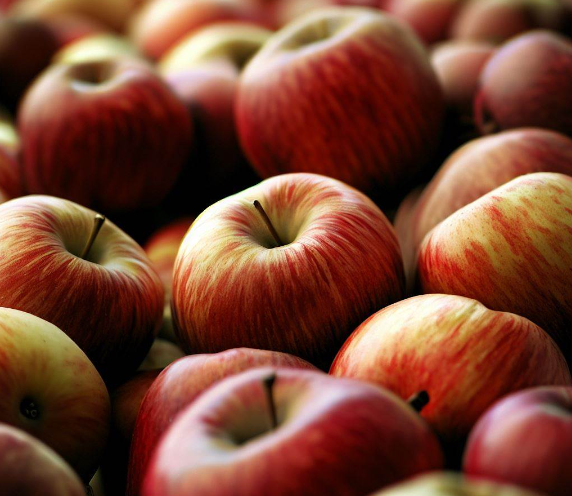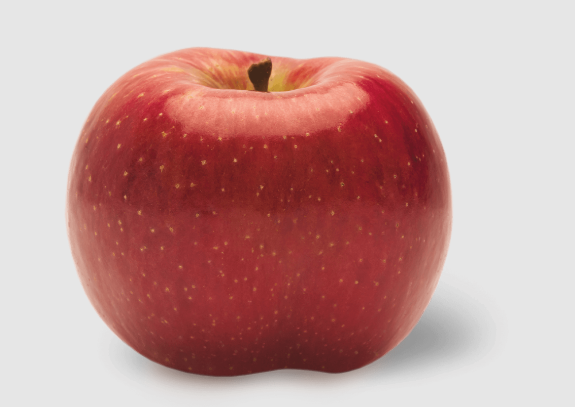Dragon fruit, or pitaya, is a beautiful and delicious fruit that is getting more attention these days. It’s famous for its striking pink skin and the sweet taste of its flesh, which is filled with tiny edible black seeds, looking a bit like a kiwi. It’s a pretty addition to your food and drinks.
But what else can dragon fruit do for our health? Many people wonder if it can help us go to the bathroom more easily. So, can dragon fruit act as a laxative?
Let’s dive into what dragon fruit can do for your digestion and if it might have other good effects on your health or any downsides.
Table of Contents
Understanding Dragon Fruit
Dragon fruit comes from a few types of cacti that bloom at night. There are two kinds that people eat the most: one with red skin and white flesh (Hylocereus undatus), and another with red skin and red flesh (Hylocereus polyrhizus).
It started in Mexico and Central and South America, but now it’s grown in warm places all over the world, like Southeast Asia. People there love it a lot.
When you eat dragon fruit, it might remind you of the taste and feel of kiwis or pears, but also grapefruit because of how it looks on the inside. It’s juicy and has lots of black seeds you can eat.
Not only is dragon fruit low in calories, but it’s also full of good stuff like vitamin C, iron, and magnesium. Plus, it has antioxidants called betacyanins that give it such a deep color.
Does Dragon Fruit Help with Digestion?
Dragon fruit is rich in dietary fiber, which is important for a healthy gut. Fiber helps you avoid getting constipated by making your stool bulkier, which means it moves faster through your intestines.
Some think dragon fruit might also lower inflammation inside your stomach, which might make you feel better if you have irritable bowel syndrome (IBS), reducing issues like a swollen belly and pain.
But there’s no solid science yet that confirms dragon fruit is a natural laxative by itself. Remember, no single food can solve or stop health problems on its own. If you have belly troubles, you should talk to a doctor.
A lot of people believe that the seeds in dragon fruit can make you go to the bathroom if you’re having a tough time with constipation.
Let’s look at some reasons why dragon fruit might help your digestive system:
1. Full of Fiber
Dragon fruit has plenty of fiber, with 3 grams in every 100-gram serving. This fiber can be either soluble or insoluble.
Insoluble fiber helps your stool get bigger, and it also makes food go through your system quicker. Eating enough insoluble fiber from like fruits, veggies, and whole grains can keep you from getting backed up.
2. It’s Hydrating
Dragon fruit is more than 90% water, so it really quenches your thirst. When you’re well-hydrated, your bowel movements usually go more smoothly. Not drinking enough water can make your stool hard and tough to pass.
3. It Might Be Good for Your Gut Bacteria
Dragon fruit may help the good bacteria in your stomach because it could act as their food, which can make the bacteria help your digestion. This support might make it easier to go to the bathroom regularly. But we need more research on how dragon fruit specifically helps here.
So, while dragon fruit does bring lots of fiber and water to the table, there’s no concrete proof that it works as a laxative more than any other fruit rich in fiber and hydration would.
When Dragon Fruit Might Not Be So Perfect
Most people can enjoy dragon fruit without any worries and take advantage of its nutrition. But here are some things to look out for:
- Possible Allergies – Since it’s part of the cactus family, people with allergies to pollen or latex might react to it with itchy mouth or swelling.
- It Could Thin Your Blood – Dragon fruit might thin your blood naturally. If you’re already taking blood-thinning medication or going to have an operation, you should be careful.
- Upset Stomach – While dragon fruit is often suggested for constipation, eating too much can cause the opposite problem, making you run to the bathroom more often. Try small amounts at first.
- Be Careful When Pregnant – If dragon fruit isn’t ripe or has gone bad, it could have germs that are risky for pregnant women. Only eat dragon fruit that’s ripe, clean, and fresh during pregnancy.
- Watch Out for Oxalates – If you tend to get kidney stones, the high oxalate level in dragon fruit might not be good for you. Oxalates can join with calcium and cause stones.
To steer clear of problems, try ripe and fresh dragon fruit in small amounts first. Keep an eye out for things like skin rashes, loose stools, or belly cramps that might mean you’re not handling the fruit well. Add dragon fruit to your diet bit by bit and don’t go overboard.
Final Thoughts
Dragon fruit is more than just a pretty face. With its yummy flavor and rich nutrients, it’s earning its spot as a wonderful food. While the idea of it being a strong laxative might be a bit too much, dragon fruit does have a lot of benefits for us, like improving digestion, boosting our immune system, keeping our hearts healthy, and even slowing down aging. Just watch out for any possible reactions and add this exotic fruit to your meals slowly. Enjoyed in moderation, dragon fruit is a delightful and health-boosting addition to your diet.









